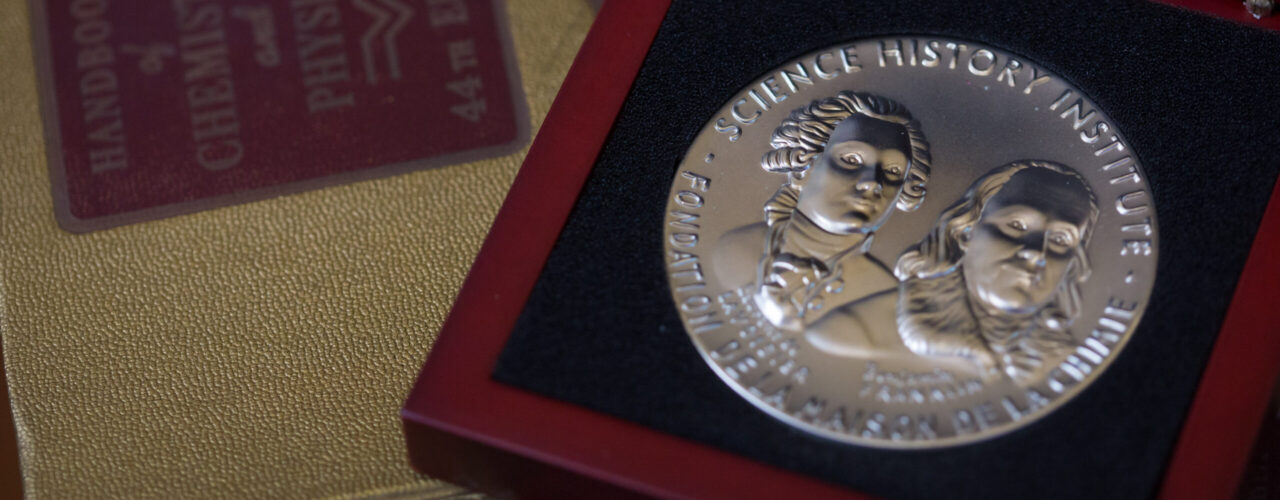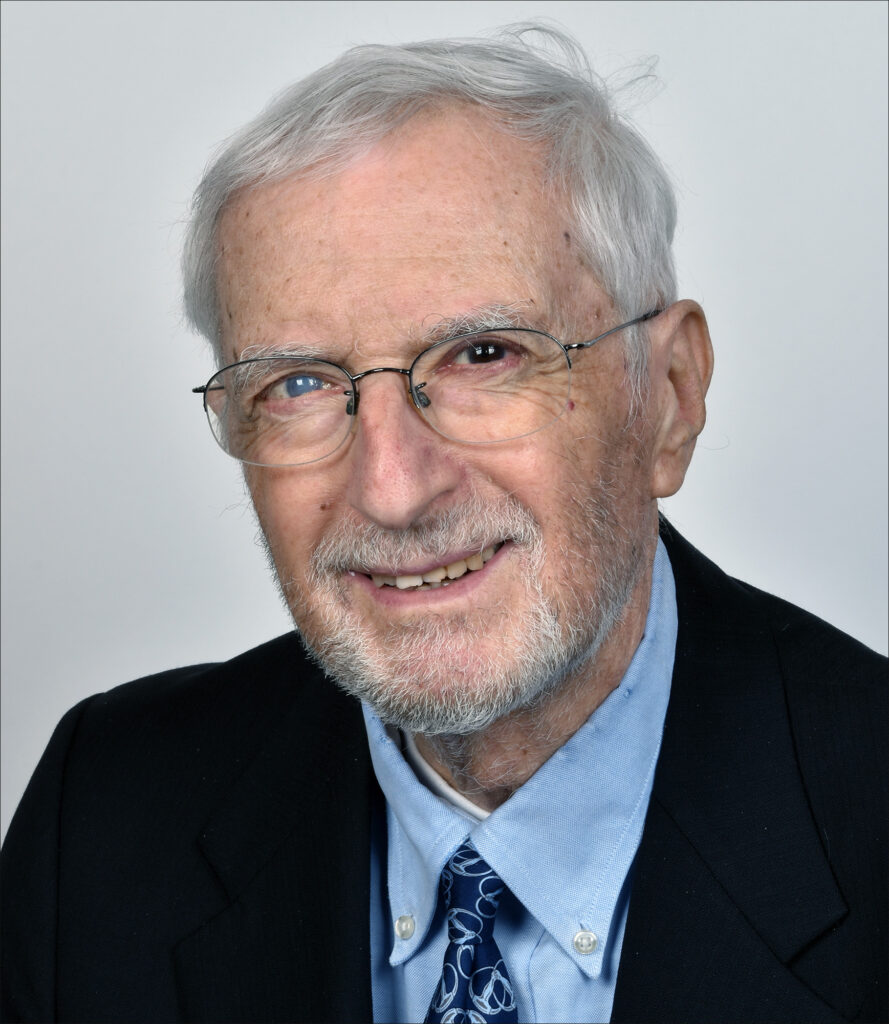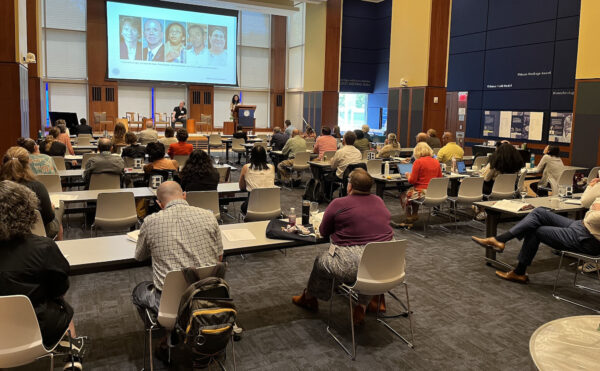
Science History Institute and Fondation de la Maison de la Chimie Name Joseph Gal Winner of 2022 Franklin-Lavoisier Prize
The organic chemist is being honored for his research on the life and work of Louis Pasteur.
The Science History Institute and the Paris-based Fondation de la Maison de la Chimie announce Joseph Gal as the winner of the 2022 Franklin-Lavoisier Prize. The organic chemist and University of Colorado School of Medicine professor emeritus is being recognized for his extensive research on the life and work of French microbiologist Louis Pasteur.

This prestigious award, which recognizes efforts in the preservation or promotion of the entwined scientific heritage of France and the United States, includes the presentation of a recorded lecture by Gal titled “Louis Pasteur’s Discovery of Molecular Chirality.”
In addition to studying Pasteur’s work, Gal has spent his career conducting research and teaching in the fields of pathology, pharmacology, and toxicology, as well as researching the history of chemistry; chemical warfare; the language of stereochemistry and chirality; and ethics, morality, and science.
His meticulous research on the history of molecular chirality and related matters—including the history and problems of the language of stereochemistry—has provided new insights into the history of Pasteur’s work and identified elements that had previously escaped the attention of chemists and historians of science.
As 2022 marks Pasteur’s 200th birthday, Gal’s historical analysis continues to shed new light on his discoveries. Gal’s many publications and lectures have also contributed to the wider dissemination, greater recognition, and better understanding of Pasteur’s extensive work on molecular chirality and of the history and language of this science.
Gal has also served on the review boards of many scholarly journals, received numerous fellowships, and given prestigious lectures on the history of chemistry.
About the Franklin-Lavoisier Prize
Named for Antoine-Laurent Lavoisier and Benjamin Franklin, two of the 18th century’s greatest minds, the Franklin-Lavoisier Prize recognizes unusually meritorious efforts in the preservation or promotion of the entwined scientific heritage of France and the United States. Accompanied by a monetary award of €15,000, the prize is awarded alternately in the United States and France every two years.
The Franklin-Lavoisier Prize acknowledges commendable work in the preservation and highlighting of any aspect of our common scientific or industrial heritage in the fields of chemistry and its related applications, the promotion of the history of the chemical and molecular sciences and industries, or the fostering of closer Franco-American ties and the promotion of significant activities in the chemical sciences or industries. Cosponsored by the Fondation de la Maison de la Chimie and the Science History Institute, the two organizations seek to promote public understanding of Franco-American relations in modern and historical science, industry, and economics.
About the Fondation de la Maison de la Chimie
The Fondation de la Maison de la Chimie was created in 1934 in Paris on the centenary of the birth of Marcelin Berthelot. Its goal is building and maintaining a central meeting and working space to promote the popularization of science and was organized for the service of chemists worldwide. To fulfill this mission, the organization provides several services and activities to facilitate cooperation among all those working to promote chemistry as one of the basic disciplines of science and technology.
More News
Explore the History of Science on the School Food Tray with Institute’s New ‘Lunchtime’ Exhibition Opening September 27
Visitors will uncover the surprising story behind the school lunch.
Science History Institute Hosts 2024 Gordon Cain Conference
“Storytelling as Pedagogy” program explored using scientific biographies in the classroom and beyond.
Science History Institute Welcomes 2024–2025 Beckman Center Fellows
Our scholars study a wide range of topics in the history and social studies of chemistry, chemical engineering, and the life sciences.



